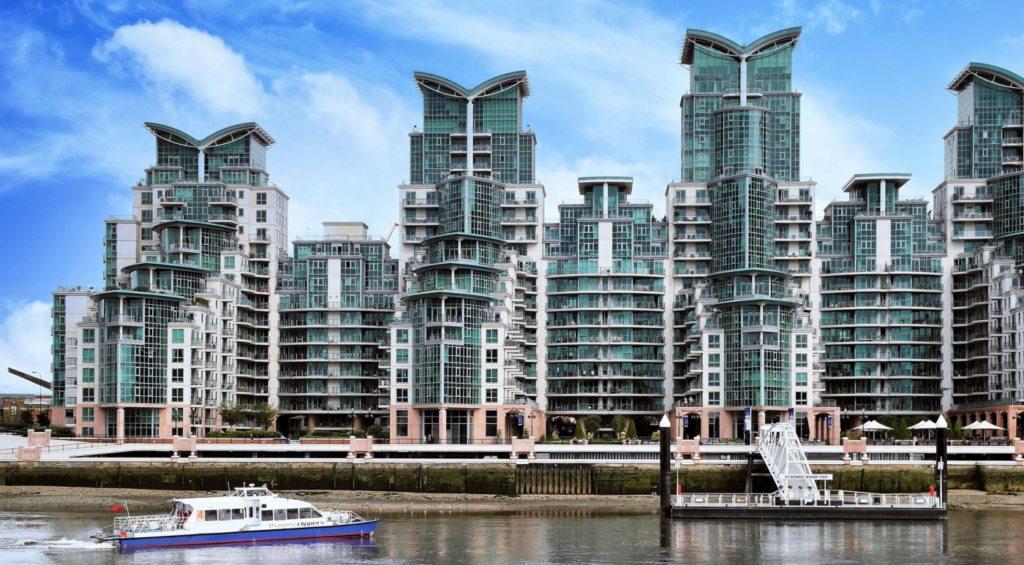We have all seen the huge sums of money the Australian government has applied in an effort to keep businesses afloat and people working. Despite those efforts, businesses are losing money every day and unemployment is skyrocketing. Who will pay the price for these accumulating losses and lack of income?
The great Australian dream is to own your own home on a quarter acre block. 58% of Australian household wealth is held in non-financial assets, meaning predominantly real estate! This compares to just 35% in the USA and 39% in Japan. The result for many Australians has been that they have accumulated good equity in property in recent years, especially in the context of low interest rates. That is about to change.
Consider the following current circumstances:
- Unemployment has now exceeded 10%.
- Small businesses are operating at something estimated to be at less than 33% of normal capacity.
- Inbound tourism spend will be non-existent for some months and curtailed for some years.
- 25% of people have made withdrawals from their super funds over the last 5 months to supplement their income. This totals over $30 billion, with no approved options left for further withdrawals.
- 1 in 9 mortgage holders have totally suspended their payments.
- 33% of owner-occupied loans are suffering from mortgage stress.
- Special government subsidies and incentives cannot last forever.
Given the above, it is only a matter of time before there is a rapid ramp-up of distress sales of homes due to accumulating interest eating into equity and no way for owners to maintain payments. Such sales will be in the context of far fewer motivated buyers meaning heavy property price falls. With high unemployment for perhaps a few years, this will be the only way for people to survive, i.e. offload their debt and unlock the equity in their homes, preferably before price falls cancel out that equity.
Will there be a re-alignment down from the current 58% wealth in non-financial asset holdings; most definitely. Will we end up being much closer to the 35% like in the USA; maybe not. However, with no other real answer to how we might meet the economic burdens brought on by COVID-19, it seems that this is the most likely scenario. Home ownership is a tradeable asset class, holding vast sums that can allow people to survive to fight another day. I struggle to see other means to address the economic burden of COVID-19 in anything other than a cursory or very temporary manner.

